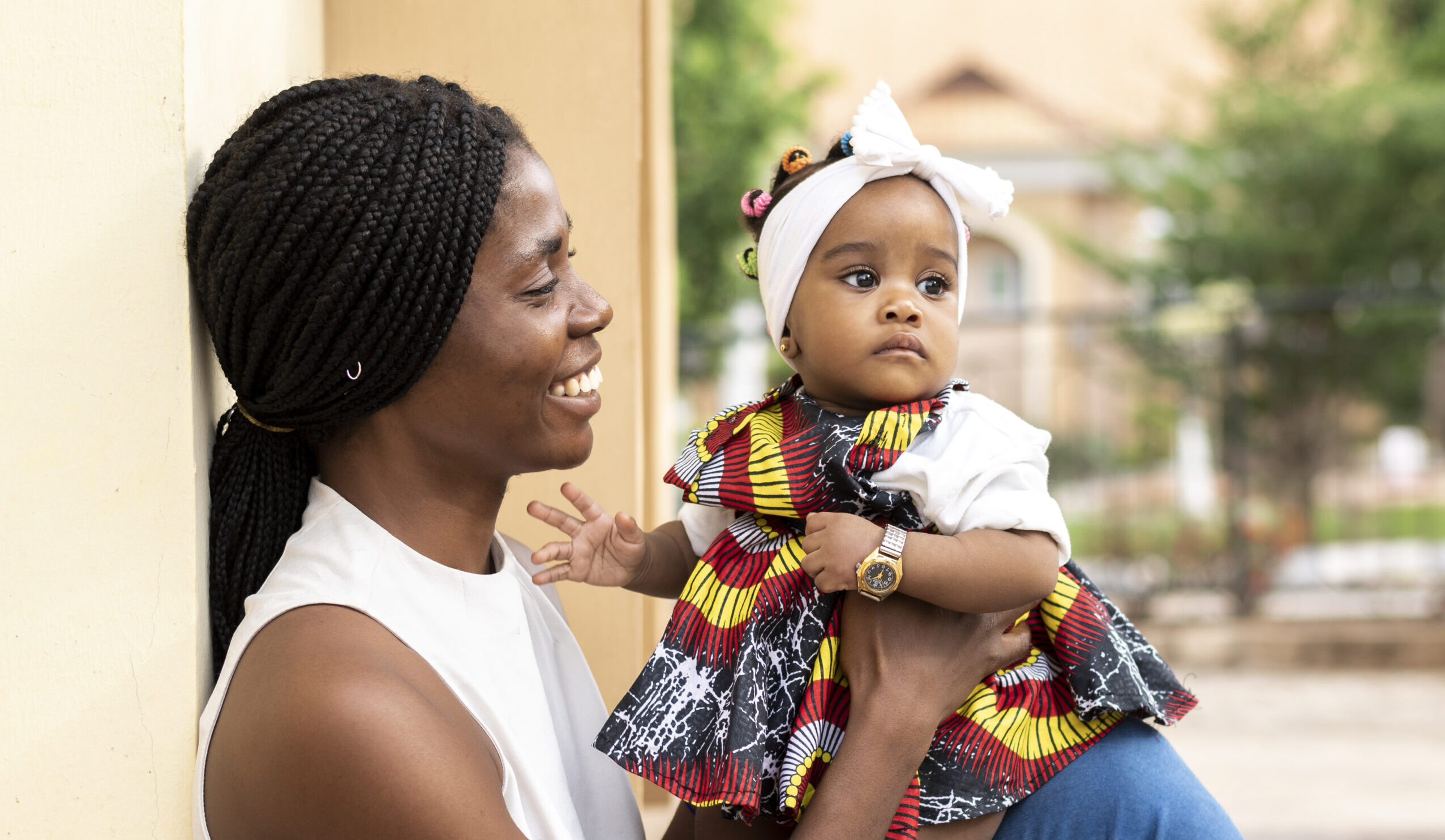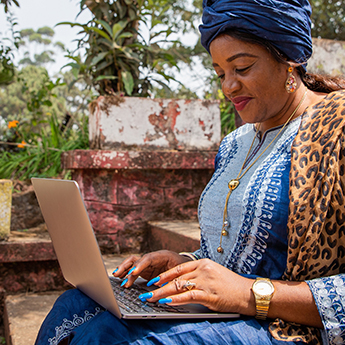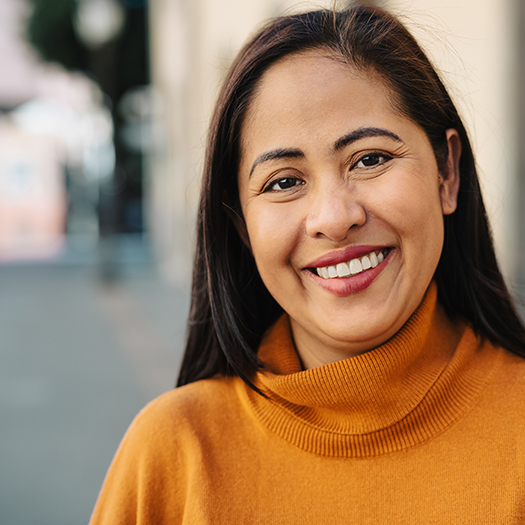News Topic: COVID-19 & Family Planning
Emergency Preparedness More Critical Now Than Ever
Over the past several years, and specifically during the COVID-19 pandemic, it is an understatement to say there have been shifts in our society. The pandemic has magnified the effects of other ongoing crises as climate change, natural disasters, war, and famine have had outsized impacts on supply chains and already strained health systems. Advocates have increased their calls to action around how to continue family planning services in crisis settings and how to reach people who have been forced to leave their homes due to the effects of climate change.
Despite pandemic and humanitarian crises, a family planning success story in Myanmar
Over the past two years, the tenuous human rights environment in Myanmar has greatly deteriorated with the COVID-19 pandemic worsening inequalities and tensions between cultural groups. With the continued tension between Myanmar's military and ethnic armed groups, providing access to sexual and reproductive health is a significant challenge. The combination of the pandemic and the uncertain political situation exacerbates the sexual and reproductive health needs of people in Myanmar, as they face compounded effects of an unmet need for family planning.
Married and Pregnant Adolescent Girls: Understanding Their Contexts and Futures
Today, 650 million girls and women were married as children, and currently over 1 in 5 girls are married before the age of 18. Many donors, international and civil society organizations, and others have advocated for and allocated resources to end child marriage, which has led to reductions in this practice, particularly in South and Central Asia. However, it’s important to remember that even as rates of early marriage decline, the absolute number of adolescent girls who are subjected to child marriage is likely to increase, as the overall population of adolescents grows. What’s more, COVID-19 appears to have reversed many of the gains made in previous years, and around 10 million additional girls are expected to marry by 2030 due to the pandemic’s social and economic disruptions.
Do you know where your birth control is? Tracking contraceptives improves health services – and choice in Uganda
In Bukedea and four other districts in eastern and northern Uganda, a digital system launched by UNFPA tracks contraceptive supplies to avoid stock-outs and waste. DrugDash is a mobile app and web tool that generates and shares information on supplies across health facilities in real-time, eliminating frequent errors under the previous, laborious system of record-keeping on paper. With the latest numbers at their fingertips on a tablet, people can make more accurate and timely decisions about how to redistribute contraceptives.
New Global Partnership Launched to Transform Reproductive Health Markets
SEMA Reproductive Health seeks to drive equitable, affordable, and predictable supply of high-quality sexual and reproductive health products, advance gender equality
News and Updates from FP2030
We have been energized as we hear from partners around the world who are in the process of developing their FP2030 commitments. Governments are collaborating with civil society and youth organizations to shape national commitments using many of the resources in the FP2030 commitments toolkit to guide their discussions. If your organization is considering making a commitment, the toolkit will walk you through the steps and underlying principles, with links to key resources to inform your commitment.
As Countries Write FP2030 Commitments, New Podcast Shares the Secrets to Success: Step 1 Is Centering Youth
Beverly Nkirote, FP2030 Youth Focal Point for Kenya, is a Program Officer at the Network for Adolescents and Youth of Africa (NAYA), a youth-led regional advocacy network committed to sexual and reproductive health and rights advocacy.
Updates from the OPCU: A Readout from the Region
The OPCU recently hosted a webinar, Family Planning in a Humanitarian Crisis: How to Maintain Services and Strengthen the Resilience of Populations and Health Systems, as a chance to continue conversations raised at the OP annual meeting in December.
Statement from Family Planning 2030 on the Future of Family Planning
Every woman and girl, no matter where she lives, should have the freedom and ability to use lifesaving, life-changing modern contraception. This was our fundamental objective when Family Planning 2020 (FP2020) was launched in 2012 at the London Summit on Family Planning.








